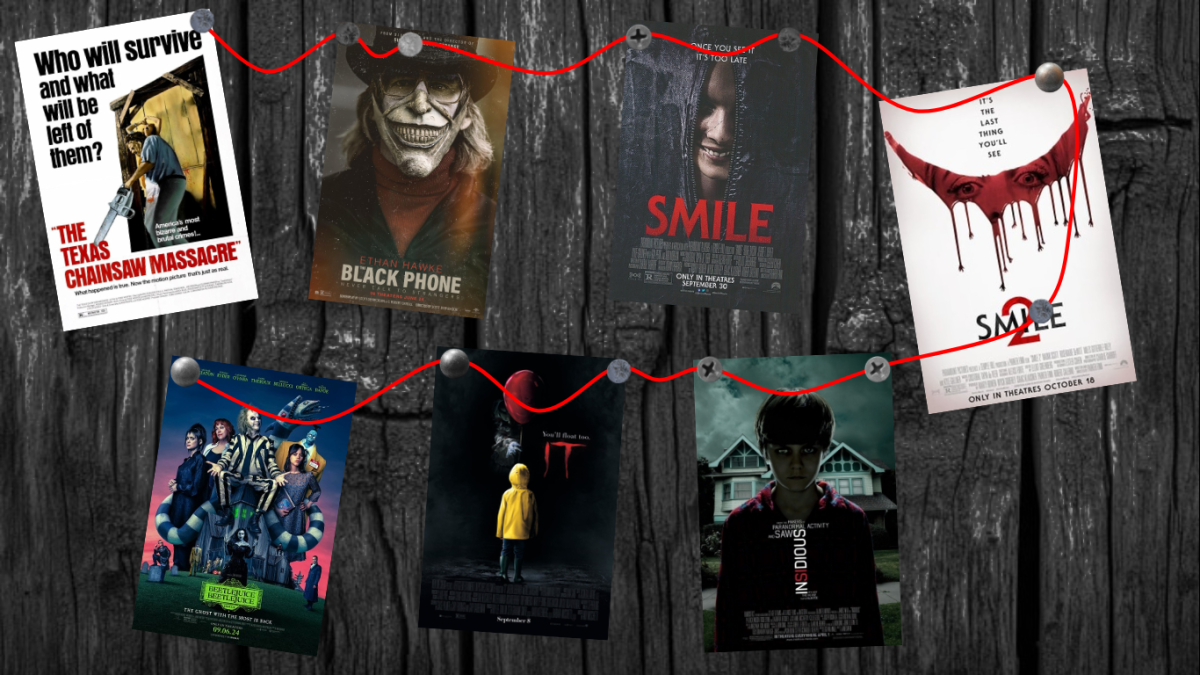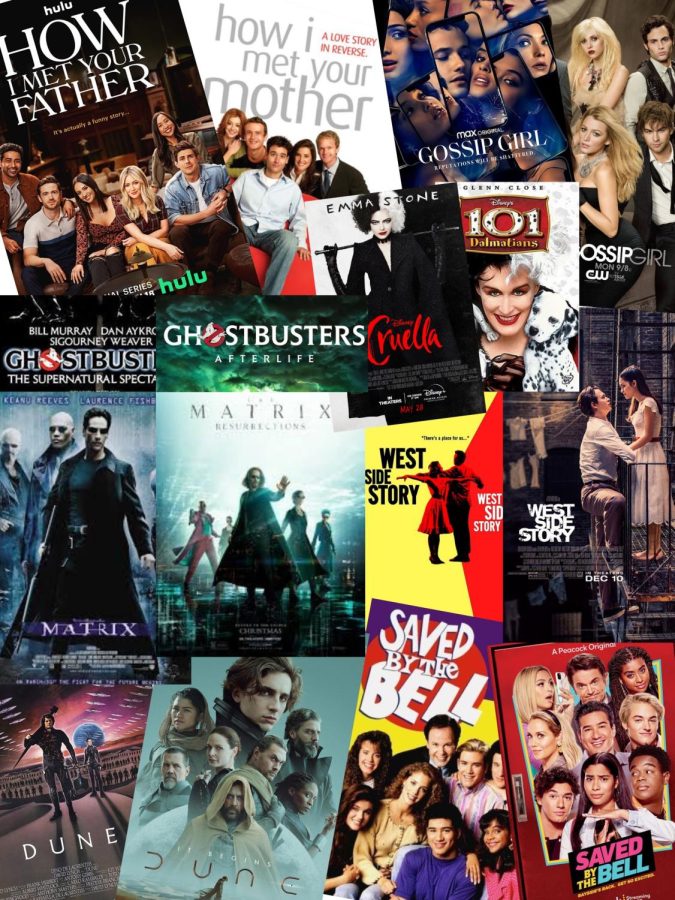Is Hollywood’s “Reboot Fever” Turning Into A Plague?
As the new year starts, we anticipate another year of great film and television — or should I say great repeated film and television? Hollywood has caught a serious case of reboot fever, hitting record high temperatures especially in the last decade, and it doesn’t look like it’s going away anytime soon. Avid TV and movie fans might appreciate more content to watch, but it spells out disaster for the future of creativity in the industry.
2021 was truly the year of reboots, with films such as “Dune” and “Cruella” proving themselves to be streaming and box office hits while others, such as the Steven Spielberg directed “West Side Story,” fell short due to the pandemic.
February 4, 2022
It’s almost inevitable: that feeling of longing when the final credits roll as we see a beloved cast who we’ve come to know as our own family over the last 8 years (or last 2 weeks) hug for the final time. We are left hoping “this surely can’t be the end.” Whether it’s a 10 season program that finally came to the end of its run, a season 1 finale that left on a cliffhanger and was indefinitely canceled, or a show from 30 years ago you wish existed now, there’s always that yearning for more.
This longing, along with nostalgia, fuels millions of fans of shows and movies to call to action. Petitions on Reddit for the redemption of a ruined finale, such as “Game of Thrones,” “How I Met Your Mother,” and “Dexter;” Twitter hashtags to reunite our favorite co-stars; TikToks that introduce a whole new generation to the pop culture staples of 1992 — we now hold the power to start the reboot conversation at our fingertips. The rise of social media outreach is a key player in the influx of reboots. The idea that “a sequel can never live up to the original” is something the industry tries time and time again to rebut, but in the end, the very audiences that asked for these revivals are the same ones disliking them.
So why do they keep trying? With blockbuster reboots like “Jumanji” and “Jurassic World” grossing hundreds of millions of dollars in the box office, bringing back a cherished ‘80s hit is a no-brainer and a highly lucrative decision. By bringing back the older audiences as well as introducing a story to new ones, these films become a success. Although these reboots started out great, with plenty of callbacks for OG fans, an oversaturation of media revivals began to creep up.
Although I and many others appreciate the inclusion of diversity in the new casts and new relationships, the immersion of various races as well as many sexual orientations that the previous renditions lacked introduces a new complaint of reboots being too “woke.” Nonetheless, if reboots have contributed anything good, it certainly is this. As someone who longed to see a person who looked like herself on screen, the increase in representation throughout Hollywood is one of the only things they’re doing right with reboots.
However, this sudden urgency to remake past hits begs the question: are we simply running out of ideas? As a dedicated TV watcher myself, I crave shows for unique plots and fresh faces, and though these productions try to accomplish this, they’re destined for failure before they even release. Many of these projects that have come out in the past few years have received this hype solely for being a reboot or a franchise. This draws the attention away from up-and-coming directors with new, creative, stories to tell, and instead gives it to ones who have told the same story in two blockbuster sequels and a TV reboot.
Not all reboots are necessarily bad. I think “Cobra Kai” is one of the best shows out right now. The cast and crew managed to create a punch-packed show that recaptured the magic the original “Karate Kid” franchise had on fans in the 80s for today’s audiences, while also keeping the original cast and introducing new diverse costars almost seamlessly. However, it’s the growing negative effect that reboot culture is having on multimedia that frightens me.
As streaming services triple by the month, the competition becomes more and more cutthroat. Am I going to watch the new “Matrix” film on HBO Max, “Cruella” on Disney+, or “Saved by the Bell” on Peacock? It’s almost overwhelming, and is contributing to the decline of movie theatres everywhere.
Reboots even make it as Academy Award winners, with both 2019’s “Little Women” and 2018’s “A Star is Born” collecting Oscars. If these reboots are at the top, where is the motivation for creators to do anything different?
While I wait to hate-watch some of my favorite shows’ reboots hitting the small screen in the upcoming year, my expectations have never been lower. Yes, I love 2000s teen dramas, but please don’t revive “The O.C.” or “One Tree Hill.” It just wouldn’t be the same in today’s times. Of course, “21 Jump Street” was a hilarious comedy, but I just don’t want to see one where their kids are cops now too.
A return to original, unique concepts is the return to better pop culture and an overall improved spectrum of art in the entertainment industry. We need to start letting the innovative and genre-bending stories come to light, and keep the old scripts who have run their course on the back burner, because every reboot had to start with an original idea.

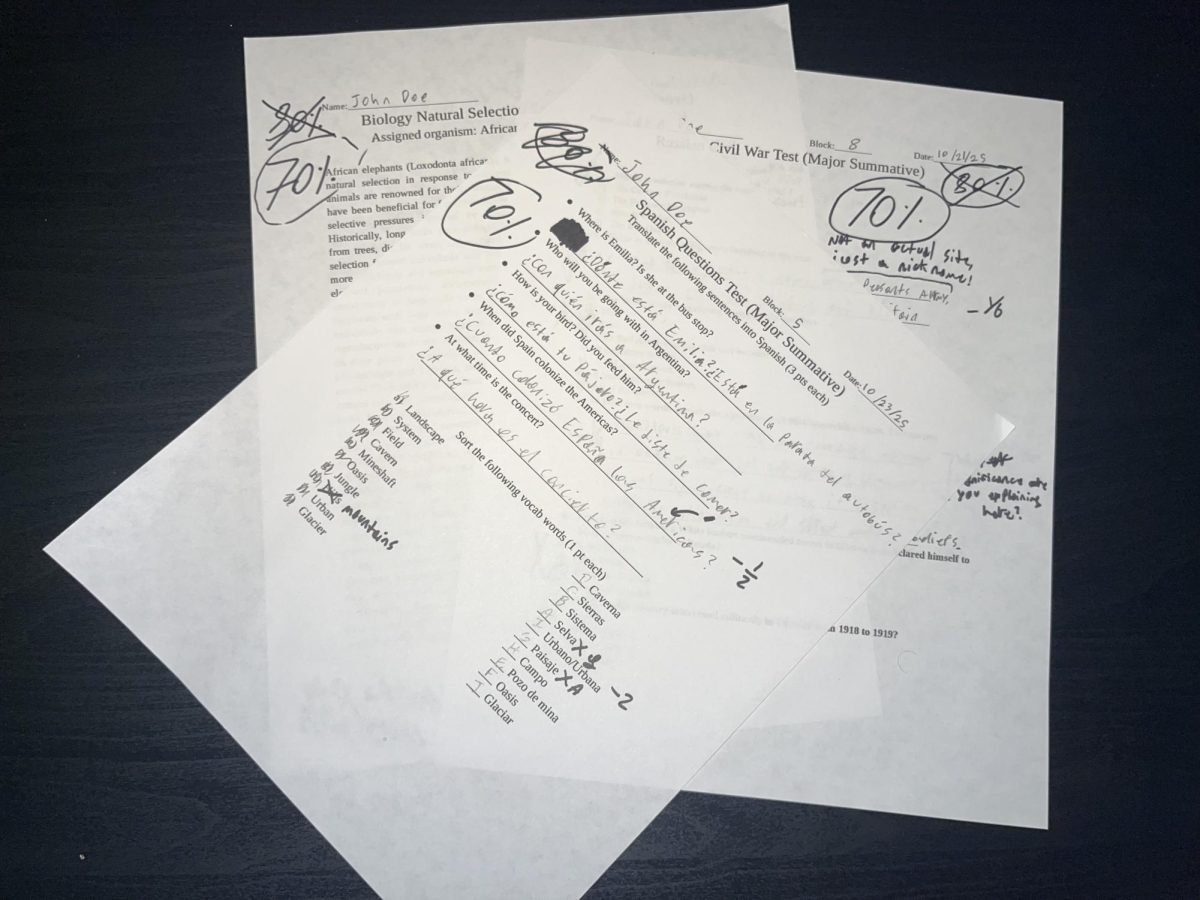
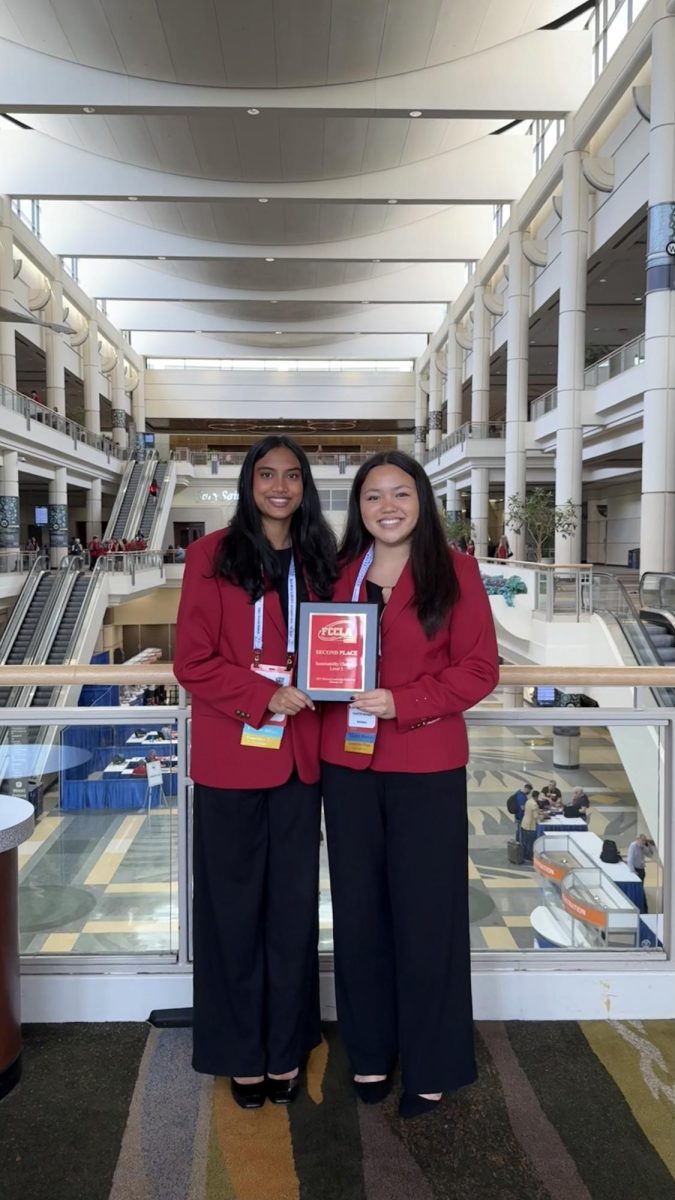




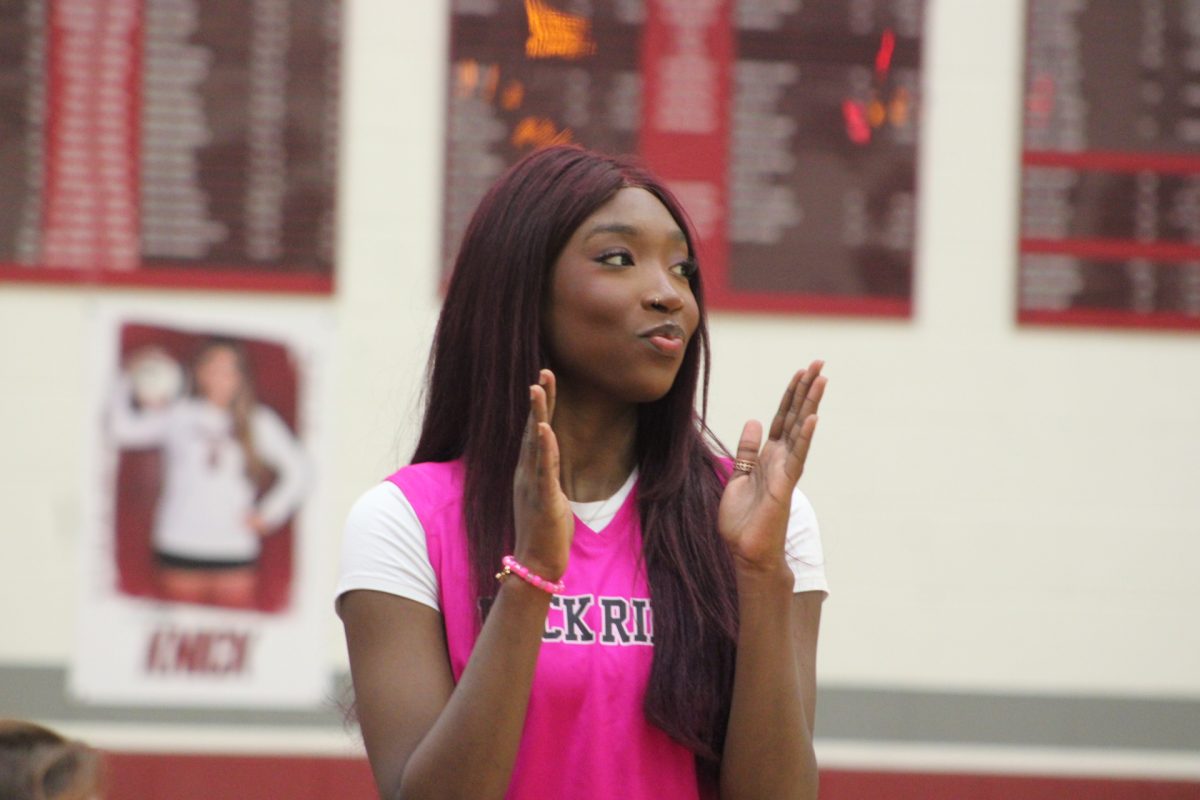







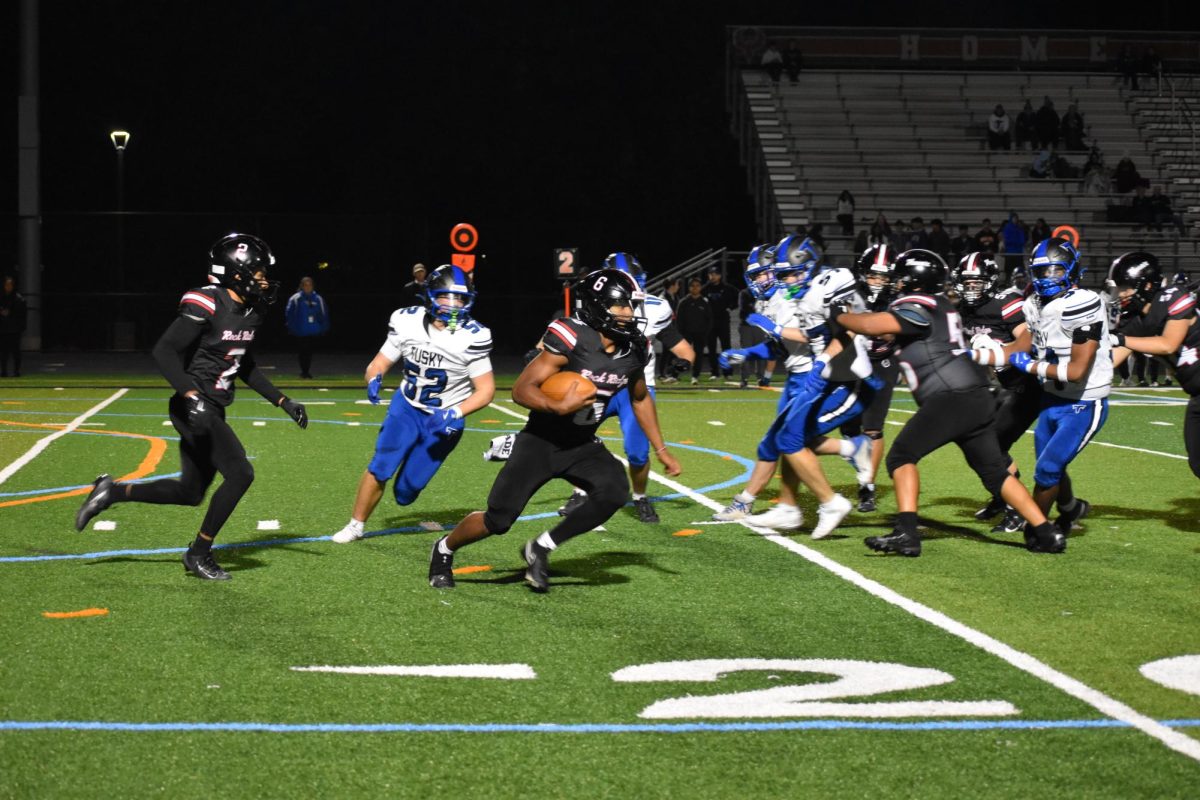
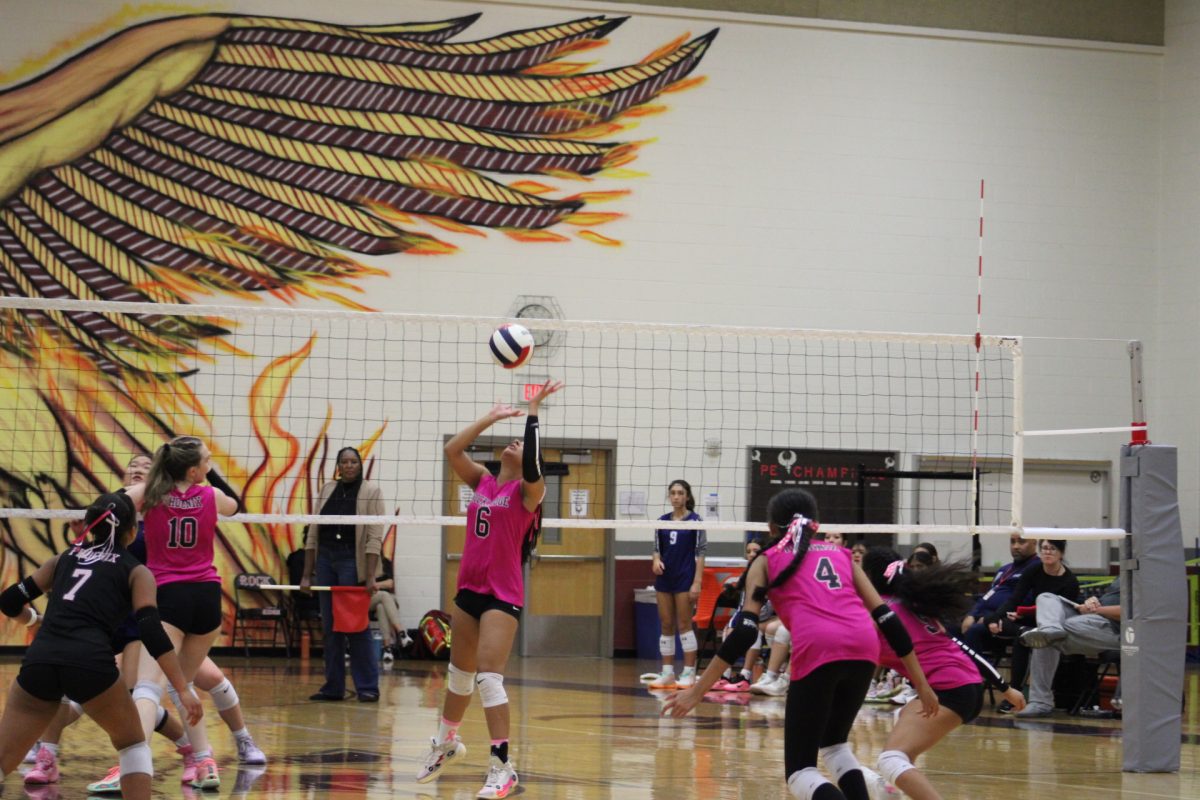







![The Phoenix varsity volleyball team lines up for the national anthem. “We were more communicative [with each other] during this game, and I feel like we kept our energy up, especially after the first set,” senior Jessica Valdov said.](https://theblazerrhs.com/wp-content/uploads/2024/10/DSC_0202-1200x800.jpg)










![Junior Alex Alkhal pitches the ball. “[I] just let it go and keep practicing so we can focus on our goal for the next game to get better as a team,” Alkhal said.](https://theblazerrhs.com/wp-content/uploads/2025/05/DSC_0013-1-1200x929.jpg)


